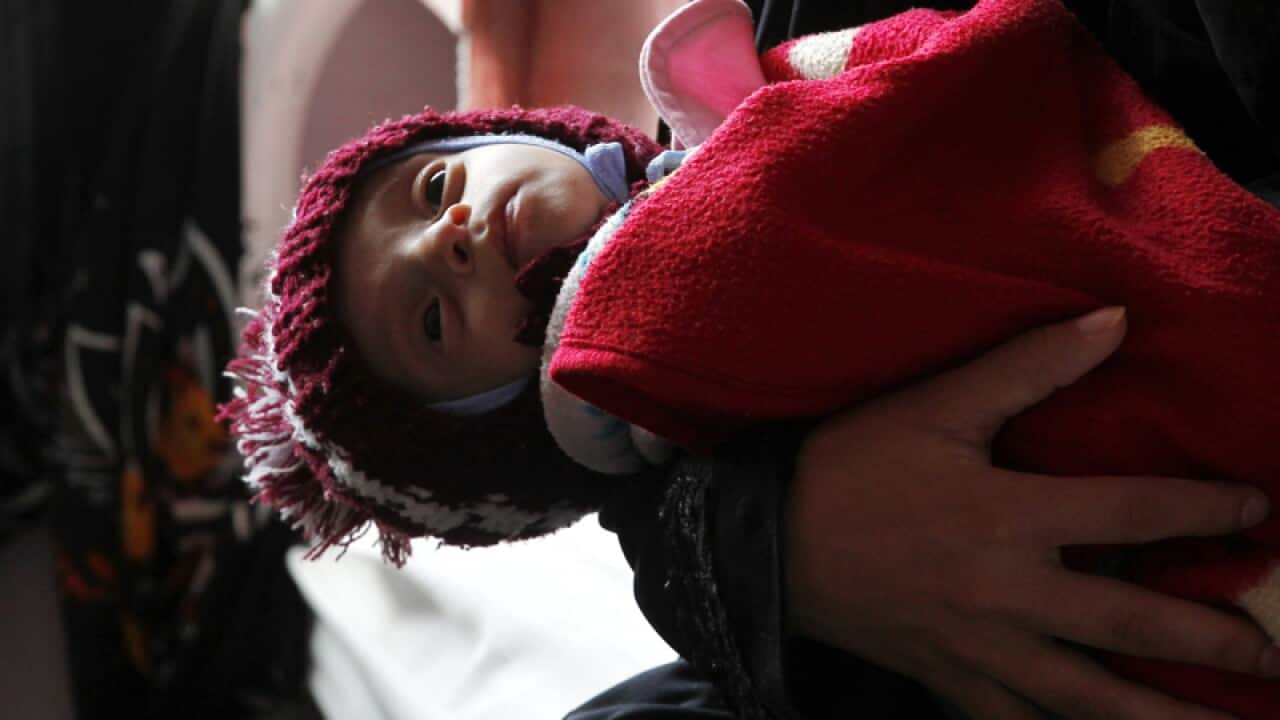Yemen has food reserves for only two to four months, bringing it to the brink of famine as fighting escalates, a senior official of the International Committee of the Red Cross (ICRC) says on return from the country.
Robert Mardini, ICRC regional director for the Middle East, called for the lifting of restrictions on the import and movement of goods and voiced concern at the fate of 500,000 people in the port city of Hodeidah as the conflict moves north up the Red Sea coast.
The "lifeline" of aid moving through Hodeidah and other ports is starting to be cut, Mardini told reporters in Geneva. "If this happens of course it will add a huge burden on a swathe of the Yemen territory where millions of people live."
Emergency relief coordinator Stephen O'Brien in Yemen said the UN is urging international donors to step up their aid but the Yemenis had to ensure it could reach up to seven million people now facing severe food shortages.
Yemen has been divided by nearly two years of civil war that pits the Iran-allied Houthi group against a Western-backed coalition led by Saudi Arabia.
Nearly 3.3 million people in Yemen - including 2.1 million children - are acutely malnourished, the UN says. They include 460,000 children under age of five with the worst form of malnutrition, who risk dying of pneumonia or diarrhoea.
Fighting in or near ports hampers access for aid coming from outside.
"Seven million people don't know where their next meal is coming from and we now face a serious risk of famine," O'Brien said.
UN has appealed for $US2.1 billion ($A2.7 billion) to provide food and other life-saving aid.
UN Secretary General Antonio Guterres said last week only $US90 million of funding has been received so far, out of $US5.6 billion needed this year for humanitarian operations in Nigeria, Somalia, South Sudan and Yemen.

